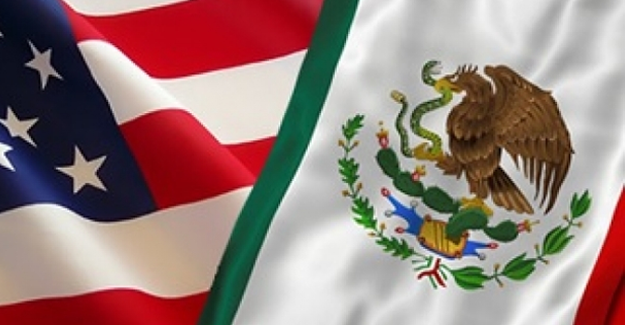
US-Mexico Trade Deal Could Set The Tone For Free Trade
In continuing with its disruptive trade policies, the US President Donald Trump has signalled that he has reached a trade deal with Mexico - The US-Mexico Trade Agreement - which could replace the North American Free Trade Agreement (NAFTA).
Some of the striking features of the deal include better wages for workers, and a level-playing field for US industries. Several trade experts noted that many provisions in the agreement resemble what was in President Barack Obama's Trans-Pacific Partnership, a deal Trump pulled out of as soon as he took office. While the new deal focuses more on automotive and heavy industries, it is certainly a pointer to how trade deals could evolve in the future.
The US-Mexico Trade Deal will result in higher prices for US consumers, but could ensure living wages for workers. The textile and apparel industry, especially in Asia and Africa, is plagued by lower than subsistence wages. International buyers refuse to up sourcing price, as consumers look for bargains. The US-Mexico deal could set the tone for other industries, in other trade deals.
What's in the deal?
The key to the new US-Mexico Trade Deal is a thorough revamping of the rules for building cars in North America. Under the new deal, carmakers will have to source 75% of the content of cars from the US or Mexico, up from 62.5% under NAFTA.
The new accord also establishes a floor of $16 an hour for as much as 45% of the labour, in effect raising the cost of cars made in Mexico. It grants new rights to Mexican labour unions, which will further raise labour costs. In addition, the deal requires more locally sourced steel for making cars, along with plastics and chemicals. So, auto unions and US automakers will be happy with all this. So will their suppliers. But maybe not the consumers, who will have to pay more for an automobile.
US-Canada negotiations begin
Meanwhile, after being sidelined in the discussions for three months, Canada has begun negotiations with the US for a last-minute sprint to complete a NAFTA rewrite, as pressure built on Canadian Prime Minister Justin Trudeau to cut a deal and President Trump faced skepticism from Congress.
Canadian Foreign Minister Chrystia Freeland said Canada had little leeway to change what the other sides had agreed upon. "This is going to be a full-steam-ahead effort," Freeland said. Roughly 75% of Canada's exports head to the US, and Canada is America's second largest trading partner, following China. Because Canada is such an important trading partner, some of Trump's Congressional allies suggested they might not support a new NAFTA if Canada isn't part of it. That could complicate Trump's negotiating stance because he needs Congressional approval of a new deal. The US-Mexico deal is a "preliminary agreement in principle." It needs approval of the Congress. And Mexico also needs to sign off on the deal, and that's more complicated because Mexico is in the midst of a change of government.
Textile Excellence
If you wish to Subscribe to Textile Excellence Print Edition, kindly fill in the below form and we shall get back to you with details.













